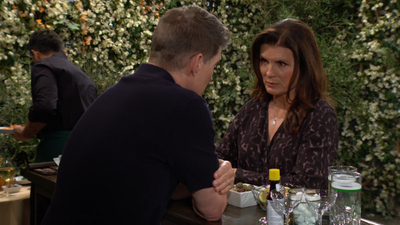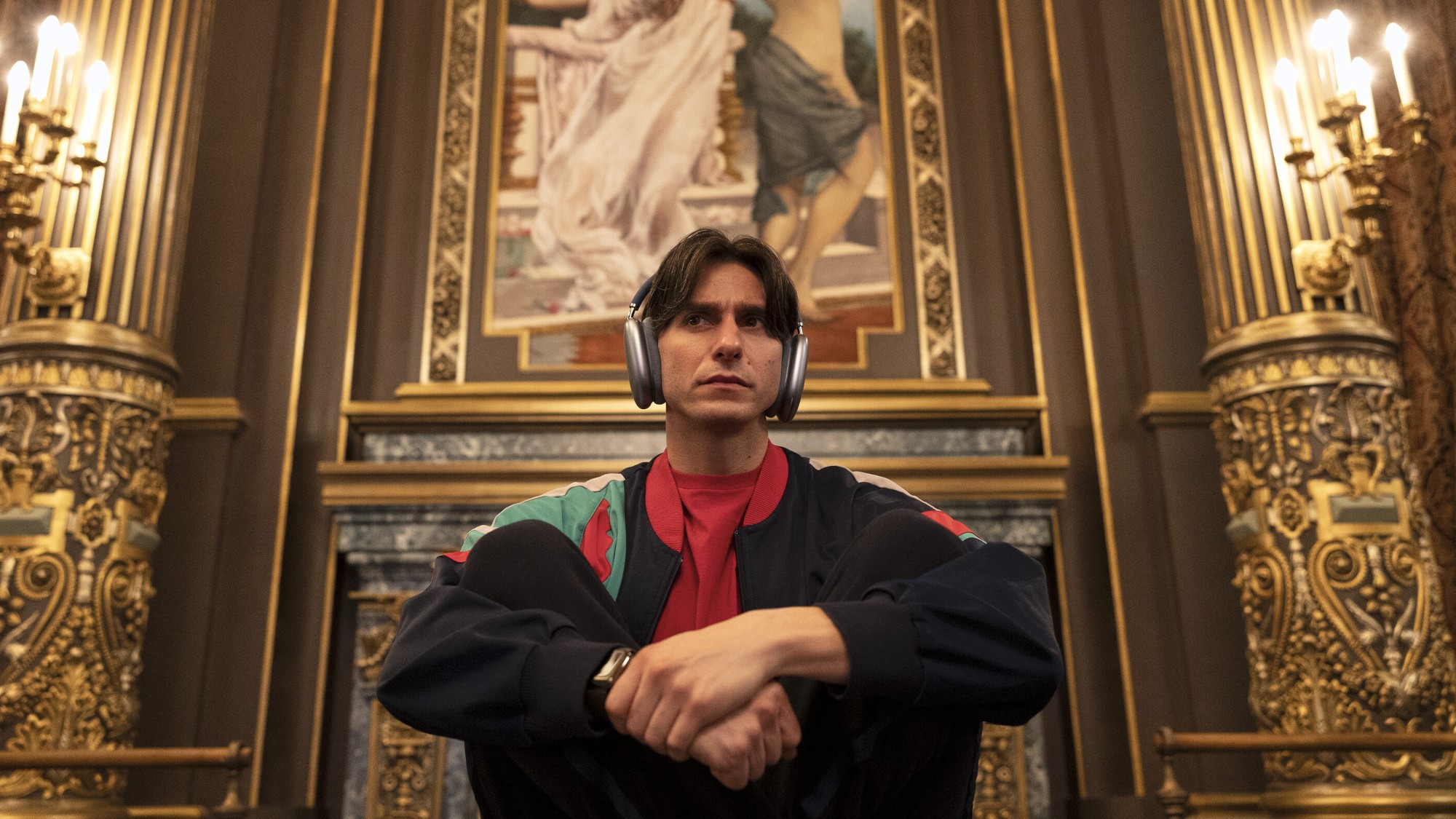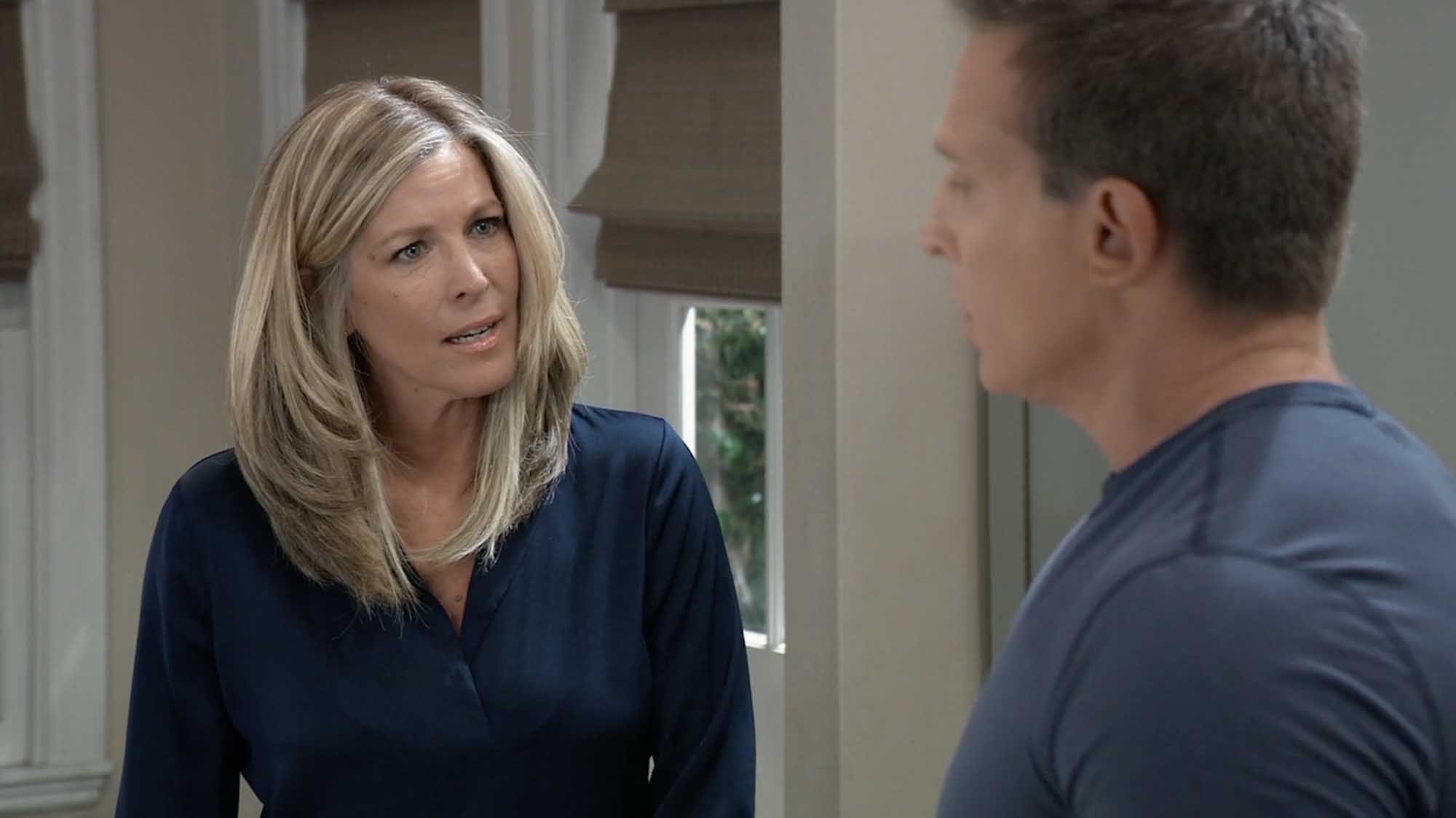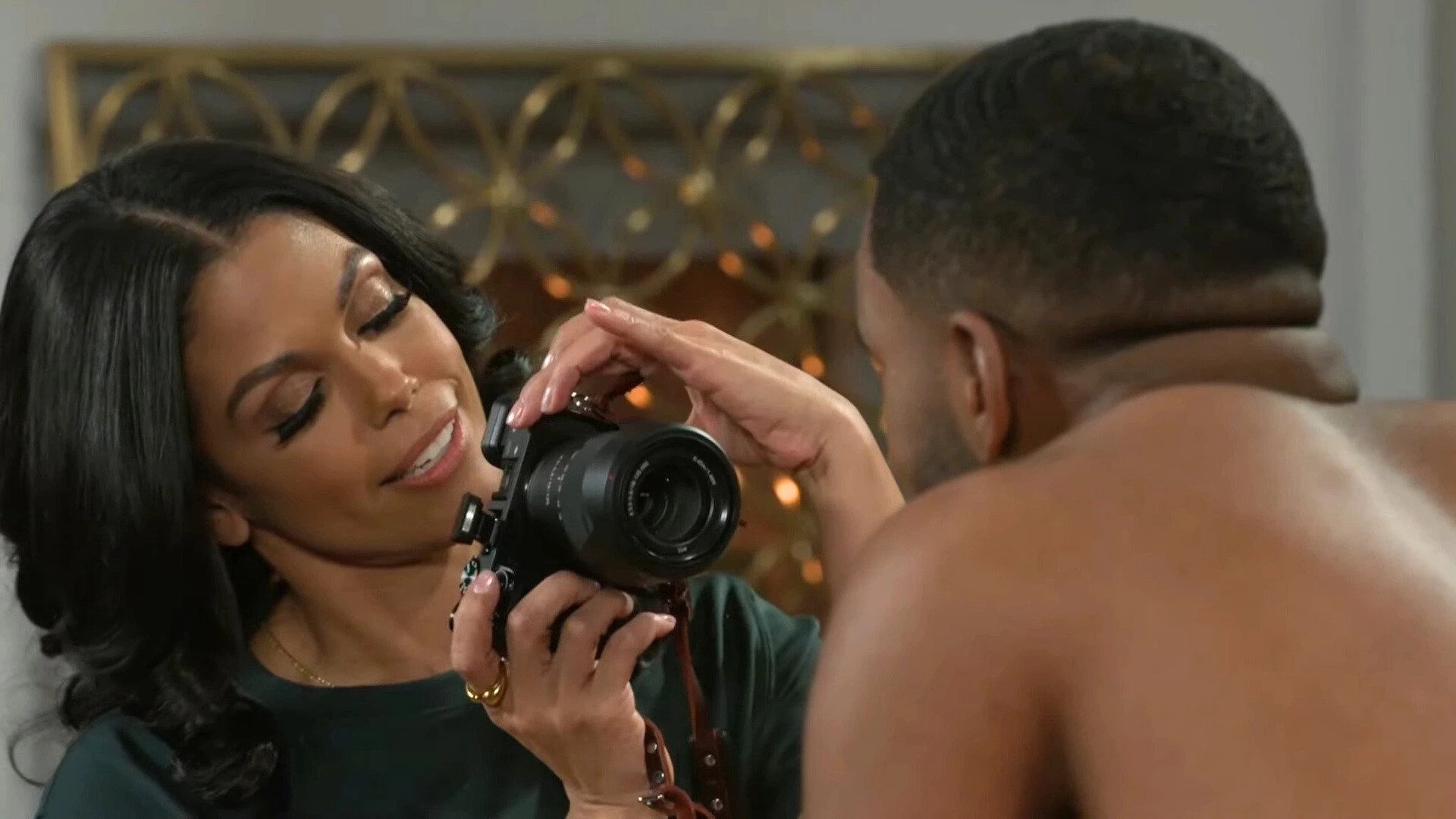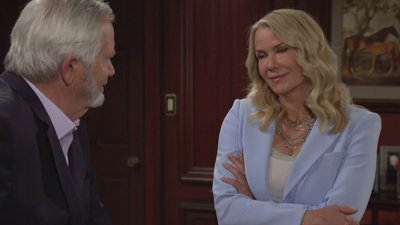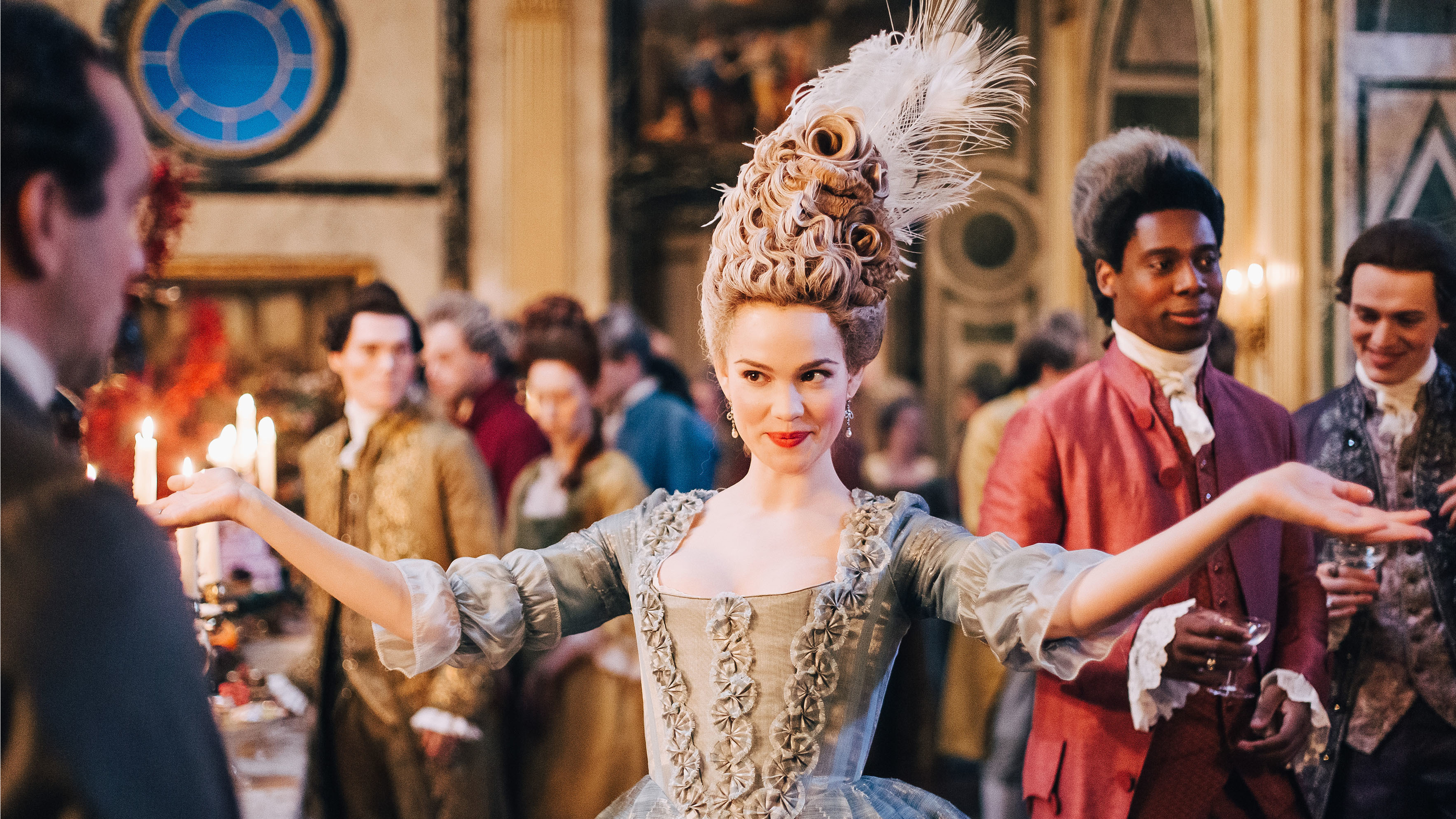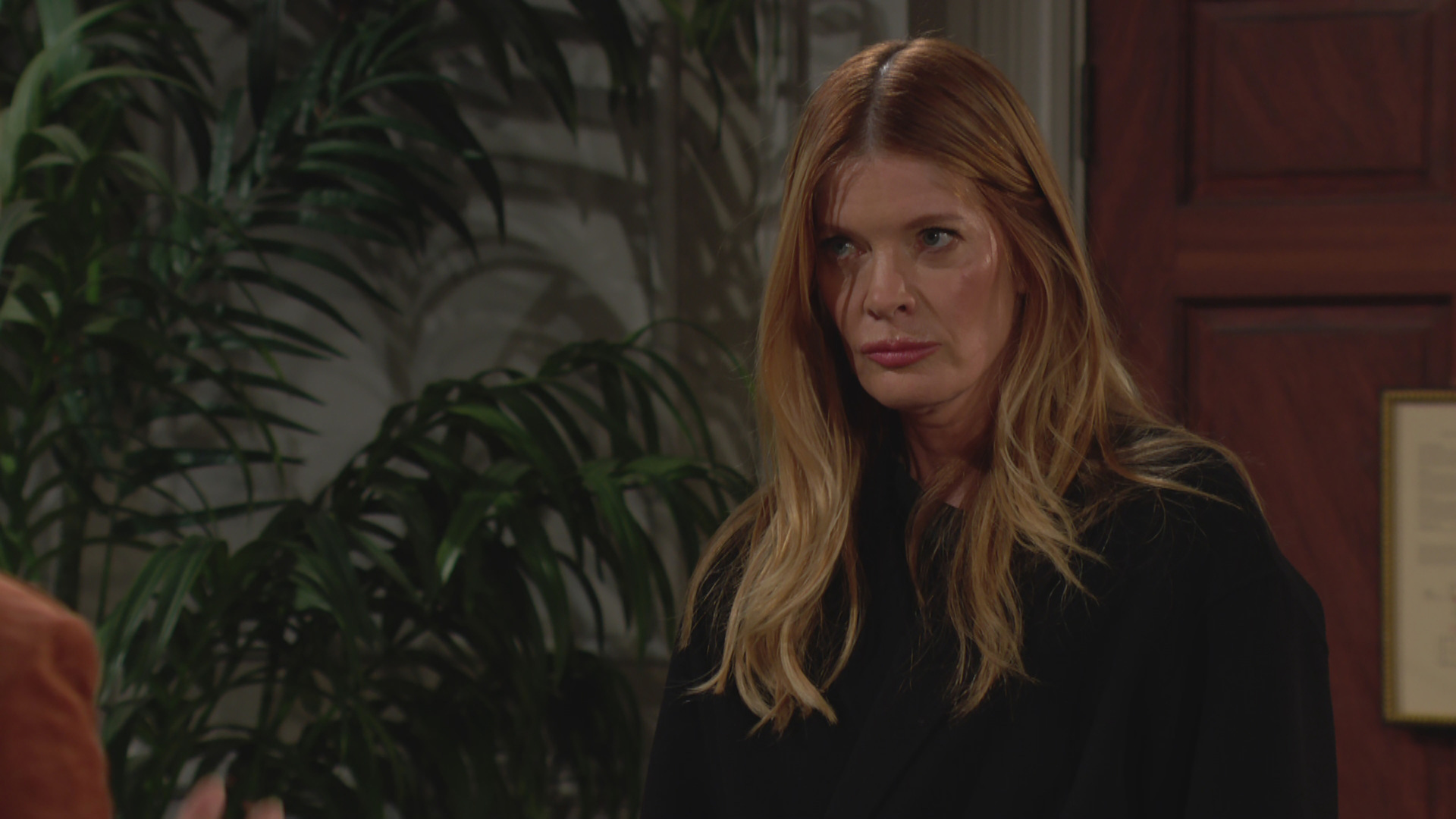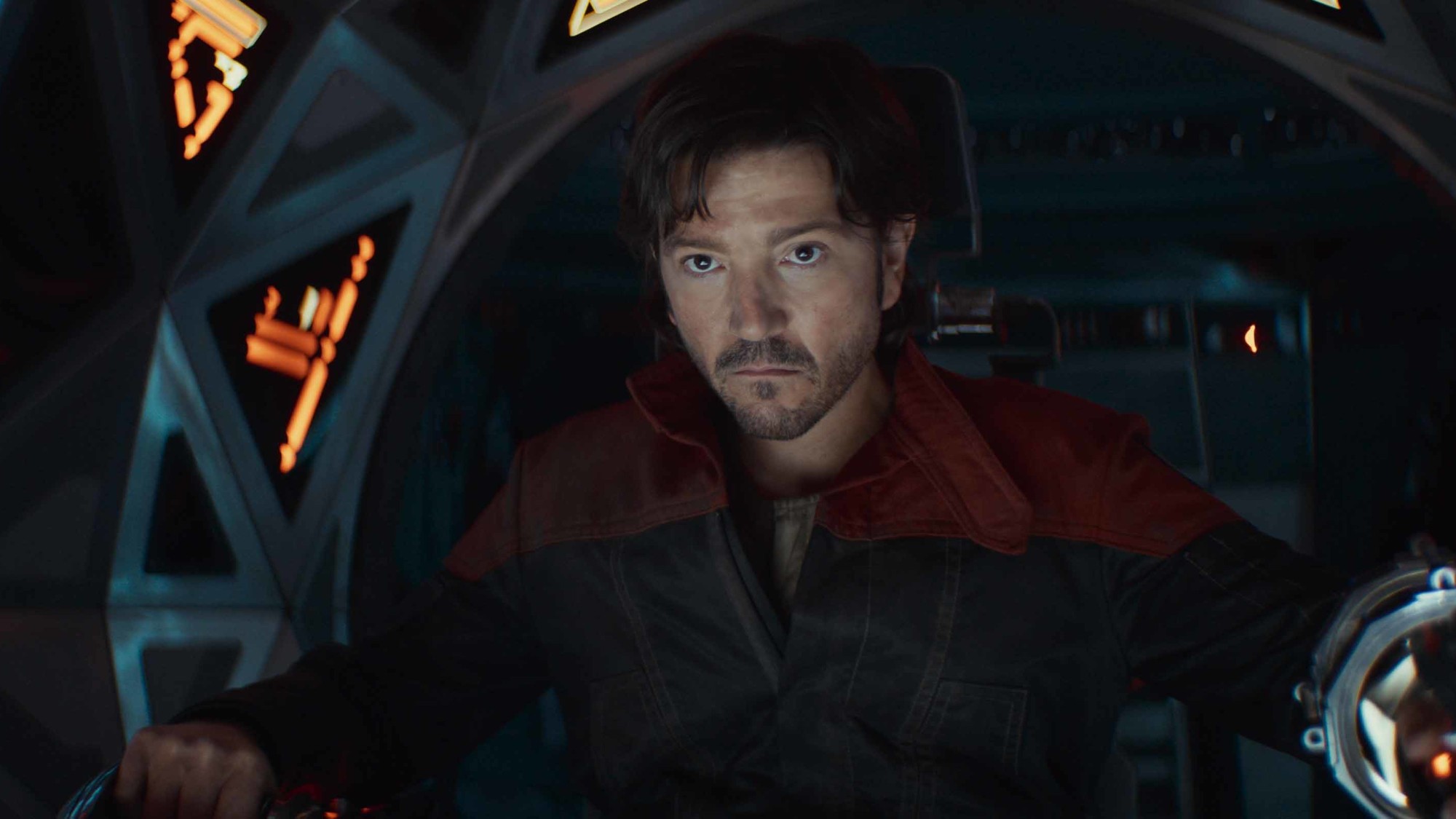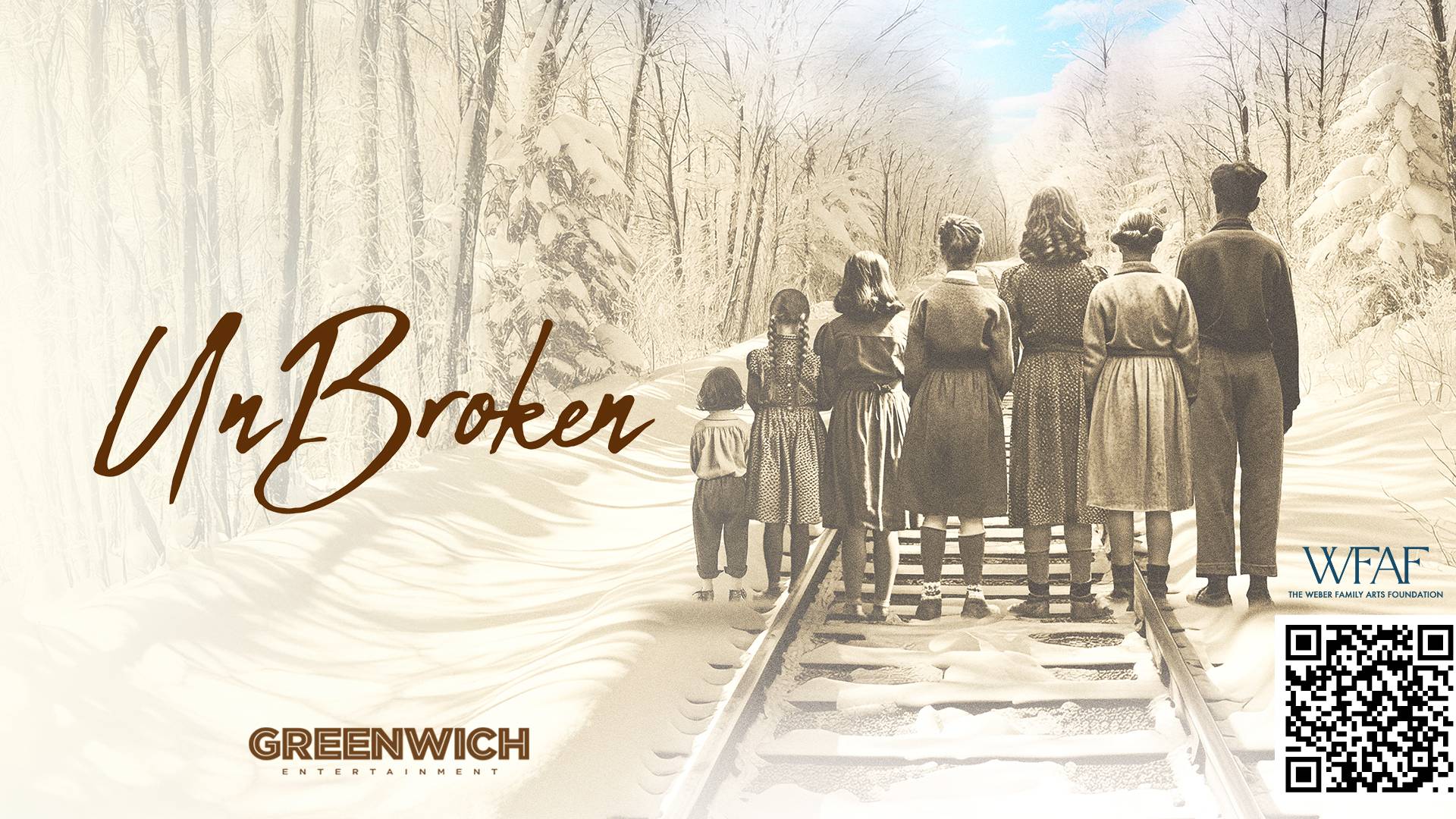Quirke star Gabriel Byrne: 'Seeing a dead body was a very sobering experience!'
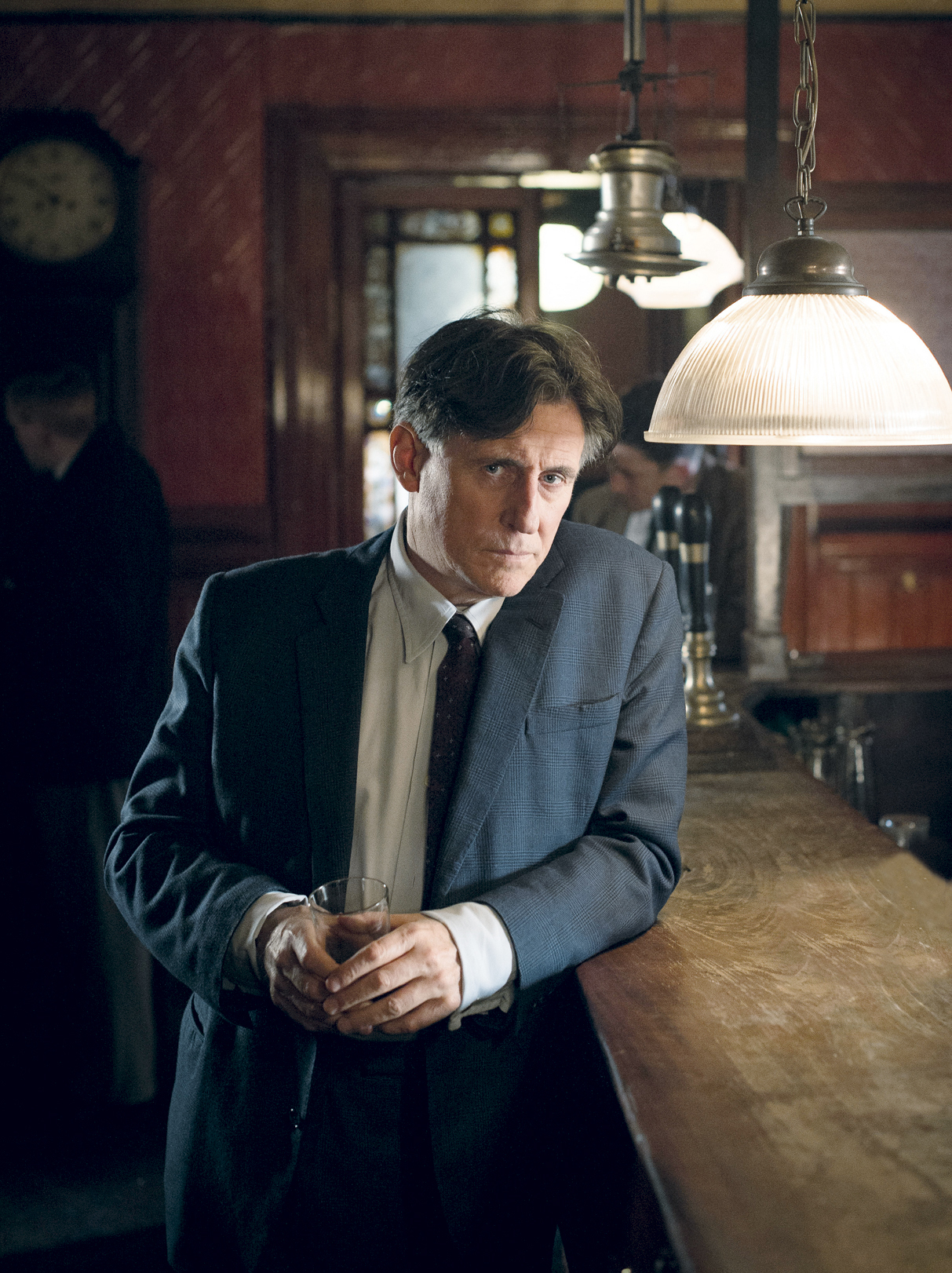
Holllywood star Gabriel Byrne told What's On TV a few of the secrets behind Quirke, his new three-part BBC1 drama, beginning on Sunday, May 25.
Set in 1950s Dublin, Gabriel plays a lonely pathologist who finds himself at the centre of some dark and shocking crimes...
What drew you to doing a television series like Quirke?
"Firstly the books that the series is based on are written by one of Ireland's greatest writers, John Banville. Also there's very little complexity to films now and the more nuanced writing is for telly! The quality of writing is superb."
Tell us about the character of Quirke...
"Quirke was a great role to explore, as he's a loner, a pathologist and also a guy who's very flawed and fighting his own inner demons. He's not a not a detective, but as a pathologist he ends up caring about a woman who has died and discovers that a baby was taken from her, so he starts to investigate what happened."
The drama is very powerful and shows some terrible things that went on in Ireland...
Get the What to Watch Newsletter
The latest updates, reviews and unmissable series to watch and more!
"It explores the 'kidnapping' of young children from their mothers who were perceived as fallen women. They were women who'd given birth out of wedlock and their children were taken from them and exported to Catholic families in America and Britain. It's a window into the kind of society that existed in Ireland in the 1950s."
The story also questions the Catholic church's role in those 'kidnappings'...
"It does. Quirke sets out to illuminate the hidden power of the Church. The legalised kidnapping couldn't have happened had it not been for the collusion between the Church and the state, which was a very powerful form of oppression in Ireland then. It's only now that Irish people are beginning to question the Church, the government and all the institutions people took for granted. People are realising what an almost Taliban-esque regime there was."
So does Quirke work alone?
"Yes. He's a loner. In a conventional film or drama you have to have a nemesis, but in this case the villain is the institution. It's faceless and can cover its own tracks."
Did you do any research on how pathologists work?
"I did - and a body after an autopsy is a very sobering experience. In order to do be a pathologist, you have to be both detached and you have to care. It makes for special people. One pathologist said to me, 'in the end we're just bone, blood and skin'. I saw the body of a woman after her internal organs had been removed and it's amazing how little is there after that - you really do realise how fragile the human being is. But one of the great things about being an actor is that you're forced up against things you might not ordinarily look at."
Dublin in the 1950s is shown as a very dark place...
"It's the perfect backdrop for the imaginative part of the story - the gas lamps, fog, rain, the sea. It's a very bleak landscape!"
Do you see it as your responsibility to speak out on the issues explored in Quirke?
"Not necessarily. We're all entitled to our opinions, though I've never had any problems expressing mine!"
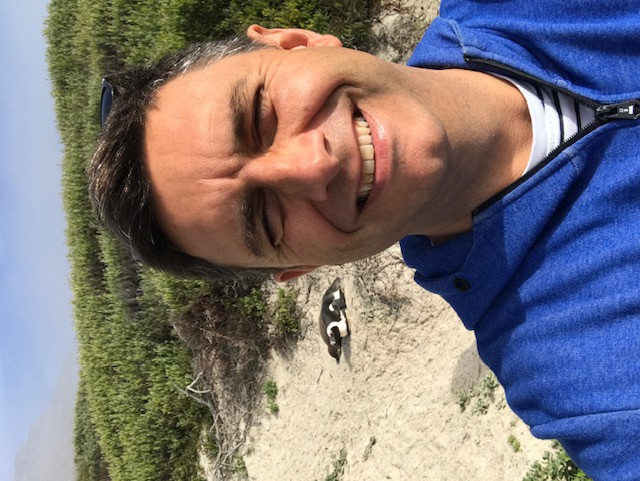
I'm a huge fan of television so I really have found the perfect job, as I've been writing about TV shows, films and interviewing major television, film and sports stars for over 25 years. I'm currently TV Content Director on What's On TV, TV Times, TV and Satellite Week magazines plus Whattowatch.com. I previously worked on Woman and Woman's Own in the 1990s. Outside of work I swim every morning, support Charlton Athletic football club and get nostalgic about TV shows Cagney & Lacey, I Claudius, Dallas and Tenko. I'm totally on top of everything good coming up too.

